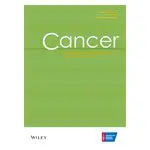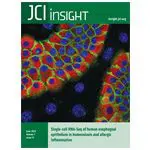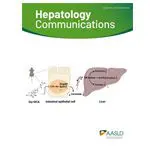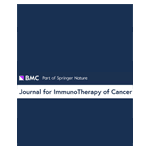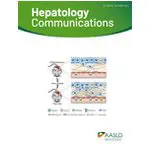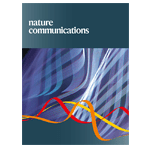Histologic type predicts disparate outcomes in pediatric hepatocellular neoplasms: A Pediatric Surgical Oncology Research Collaborative study
In this study, researchers reviewed the detailed medical records of 262 patients under age 20 diagnosed with liver cancers, assembled from 19 different hospitals and covering the years 1990 to 2017. This represents the richest available source of data on these pediatric liver cancers. They found that 119 (45%) of the tumors had been classified …

